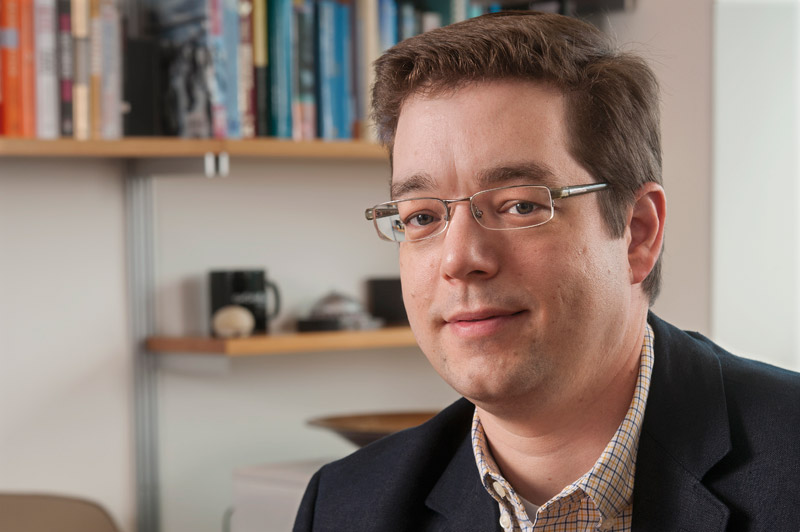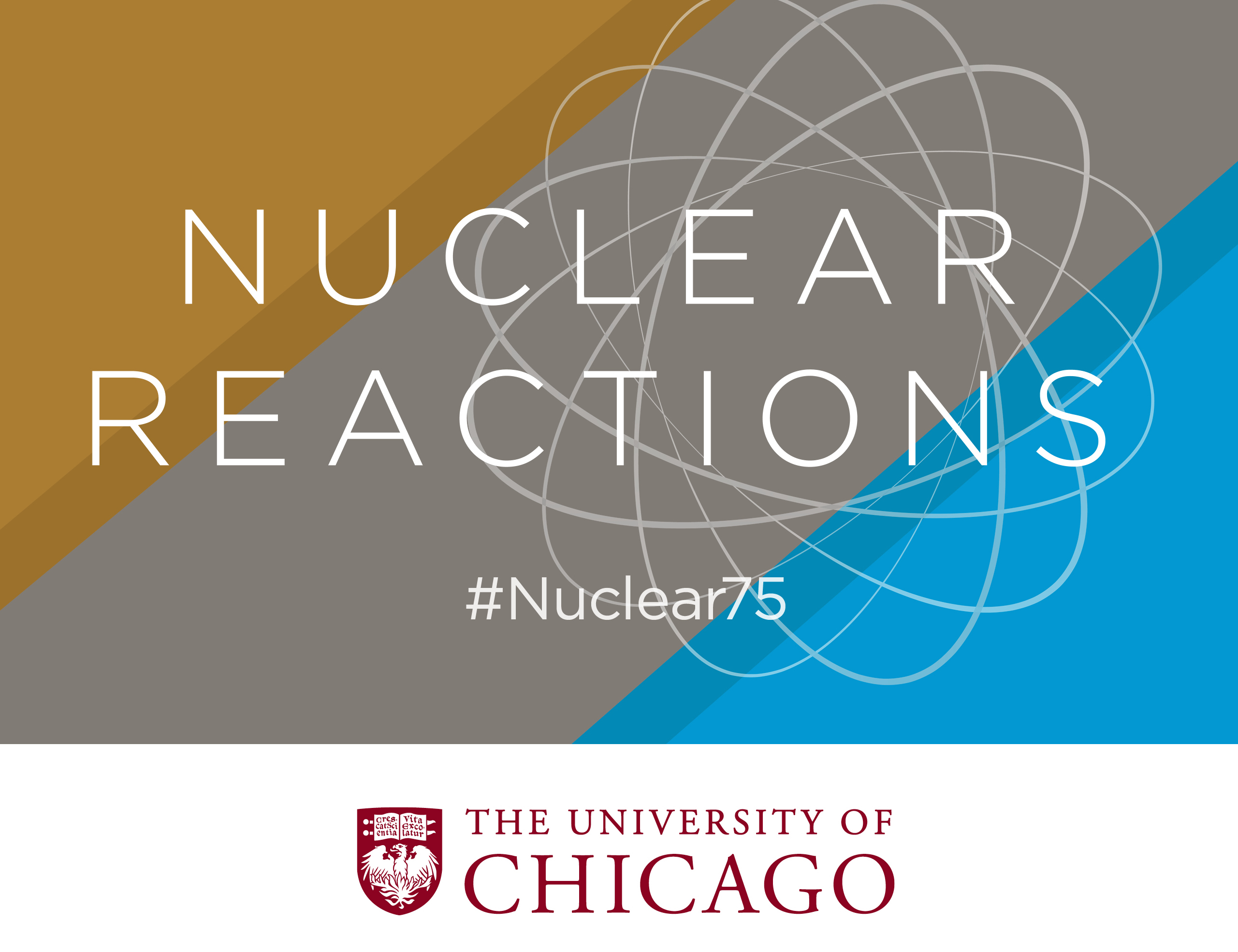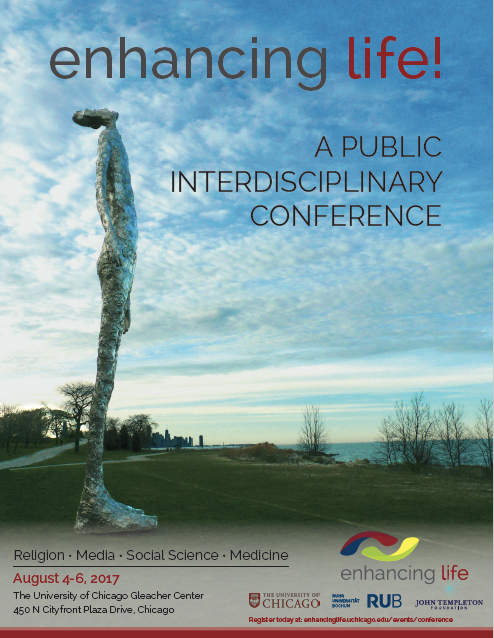Purpose—the desire and effort that individuals put forth to accomplish goals, contribute to society and maintain a meaningful existence—has long been considered a powerful and productive human force. Nevertheless, purpose itself remains an opaque concept, and the scientific study of this force has long been insufficient.
So says Heather Caruso, executive director of the New Paths to Purpose project at the University of Chicago Booth Center for Decision Research (CDR). “It’s difficult to explain just how it is that purpose functions as it does, or to identify how purpose might be better and more broadly experienced.
”With the advances in behavioral science over the last several years, it’s clear that our society could be much further along in understanding and promoting purpose,” she adds. “There’s an incredible intellectual landscape to be discovered here—one that could trace humanity’s profound experiences of purpose back to ordinary and often overlooked forces; one that could give humanity insight into and power over those forces.”
That’s the mission of the New Paths to Purpose. Funded in 2012 with a three-year, $3.6 million grant from the John Templeton Foundation, the project initially supported several Booth faculty who are researching related topics, including motivation, initiative, volunteerism and how the pursuit and acquisition of money affects people’s goals and interests.
Since then, the project has run two rounds of request-for-proposals. The first was aimed at uncovering new ways in which people might manage and master the situations around themselves to promote lives of greater purpose. Launched in the summer of 2012, it awarded $750,000 to seven research projects from institutions around the country.
The second round is aimed at revealing unrecognized, counterintuitive or underutilized connections between behavioral science insights and the human experience of purpose. Launched in the spring of 2013, it will begin funding projects in January 2014, up to a total of $250,000.
Building community
Collaboration is a priority for all New Paths for Purpose researchers. Although behavioral science serves as the umbrella under which the research will unfold, researchers plan to inform their efforts from many intellectual perspectives. To that end, they have brought together researchers with expertise in several subfields of psychology, medicine, economics, communications, marketing and biomedical technology, Caruso says. “One of our major goals is to create community across institutions, regions of the country and fields—a space to team up for scientists who do not usually collaborate.”
The project seeks to make purpose more central to behavioral science, according to Oren Shapira, post-doctoral fellow at CDR. “Purpose is implicated in much research but has never been a focus. We want to study what is purpose, what factors contribute to purpose, and what are the outcomes of purpose?”
Another goal of the project is to disseminate actionable research results into the news and academic journals where it could enrich public debate, motivate workers and inform policy decisions. And the project will create a body of knowledge that teachers will be able to use to create new exercises, lesson plans and curriculum.
“We’ll generate a repository of insights and materials that we’ll make available on our website,” Caruso says. “Our empirical studies will have a practical effect and improve society.”
Richard Thaler, professor of behavioral science and economics, and Eugene Caruso, associate professor of behavioral science, both at the University, head the project.
Arete, a research development program led by the Office of the Vice President for Research and National Laboratories, helped develop the project by making CDR aware of the grant opportunity with Templeton, vetting their proposal and shepherding it through the application process, Heather Caruso says. “Arete’s connections, overview and feedback were very helpful.”
The John Templeton Foundation serves as a philanthropic catalyst for discoveries relating to the Big Questions of human purpose and ultimate reality. And CDR is the world’s oldest academic center devoted to studying how individuals form judgments and make decisions.
By Greg Borzo




